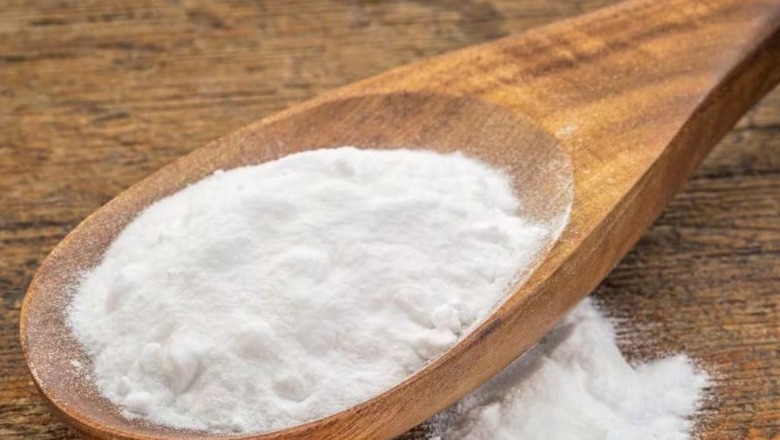
views
Baking soda and baking powder are two essential ingredients in the kitchen, often used interchangeably despite their distinct properties and roles in cooking. While they may appear similar, understanding their chemical composition and application is crucial for culinary success.
The Difference
Baking soda, also known as sodium bicarbonate, is a pure alkaline compound that reacts with acids to produce carbon dioxide bubbles. This reaction is what causes baked goods to rise, making it a key leavening agent in recipes like cakes and cookies. Beyond baking, baking soda also serves as a versatile cleaning agent and deodoriser due to its alkaline nature.
On the contrary, baking powder is a combination of sodium bicarbonate and an acidic component, such as cream of tartar, along with a stabiliser like corn starch. Unlike baking soda, baking powder does not require additional acid to activate its leavening properties. Instead, it relies on moisture or heat to trigger the reaction that releases carbon dioxide bubbles, providing the desired rise in baked goods.
When To Use
Knowing when to use each is essential for achieving the desired results in cooking. Baking powder is best suited for recipes where acidity is not a primary factor. Many varieties of baking powder are labeled as ‘double-acting,’ indicating that they react both when initially mixed with liquid and again when exposed to heat during baking.
Conversely, baking soda is typically used in recipes containing acidic ingredients like cocoa powder or buttermilk. The presence of these acids activates the baking soda, causing it to release carbon dioxide and leaven the batter. Understanding this distinction allows for precise measurement and proper incorporation of these ingredients into recipes.
While baking soda and baking powder may seem similar, they serve distinct functions in cooking. Baking soda reacts with acids to produce carbon dioxide bubbles, providing leavening in acidic recipes, whereas baking powder contains both an acid and a base and reacts with moisture or heat to leaven baked goods. By discerning when to use each ingredient, cooks can ensure successful outcomes in their culinary endeavours.




















Comments
0 comment